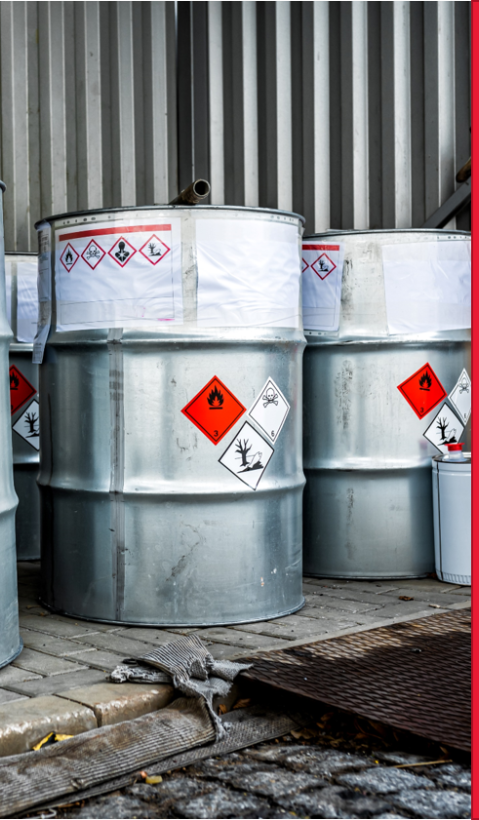
The future governance framework on chemicals and waste
Synthetic chemicals are a major contributor to economy at global, regional and local level, enabling the manufacturing and use of a vast range of products and services. They provide significant benefits to society, and they are a key enabler for achieving the Sustainable Development Goals (SDGs). However, their use has significant consequences for human health and the environment. Hazardous chemicals and wastes must therefore be managed sustainably.
The sound management of chemicals and waste (SMCW) requires the participation of all stakeholders and the involvement of many sectors on all levels. The international community therefore needs a platform to discuss ongoing and emerging global challenges, to foster collaboration and establish partnerships, to exchange information and increase awareness, and to highlight solutions and promote joint actions.
The role of SAICM
With the Strategic Approach to International Chemicals Management (SAICM), a voluntary multi-stakeholder and multi-sectoral framework exists since 2006. SAICM is linked to the goal, agreed upon at the World Summit on Sustainable Development in 2002, that "by 2020, chemicals are used and produced in ways that lead to the minimization of significant adverse effects on human health and the environment."
This goal will not be achieved by 2020, and a renewed vision is needed beyond 2020. At the fourth session of the International Conference on Chemicals Management (ICCM4) in 2015, delegates have launched an intersessional process to develop proposals on the sound management of chemicals and waste, including SAICM, beyond 2020.
The intersessional process encompasses four informal meetings and is mandated to elaborate recommendations for the sound management of chemicals and waste beyond 2020. These recommendations will be forwarded to the Fifth International Conference on Chemicals Management (ICCM5), which has been postponed indefinitely.
About this website
This website is intended to collect and provide information on the SAICM intersessional process, and to serve as a platform for organizing informal workshops and other events. It was established based on a project on the future of global chemicals and waste governance conducted by adelphi, a Berlin-based independent think tank and consultancy, and contracted by the German Environment Agency.
